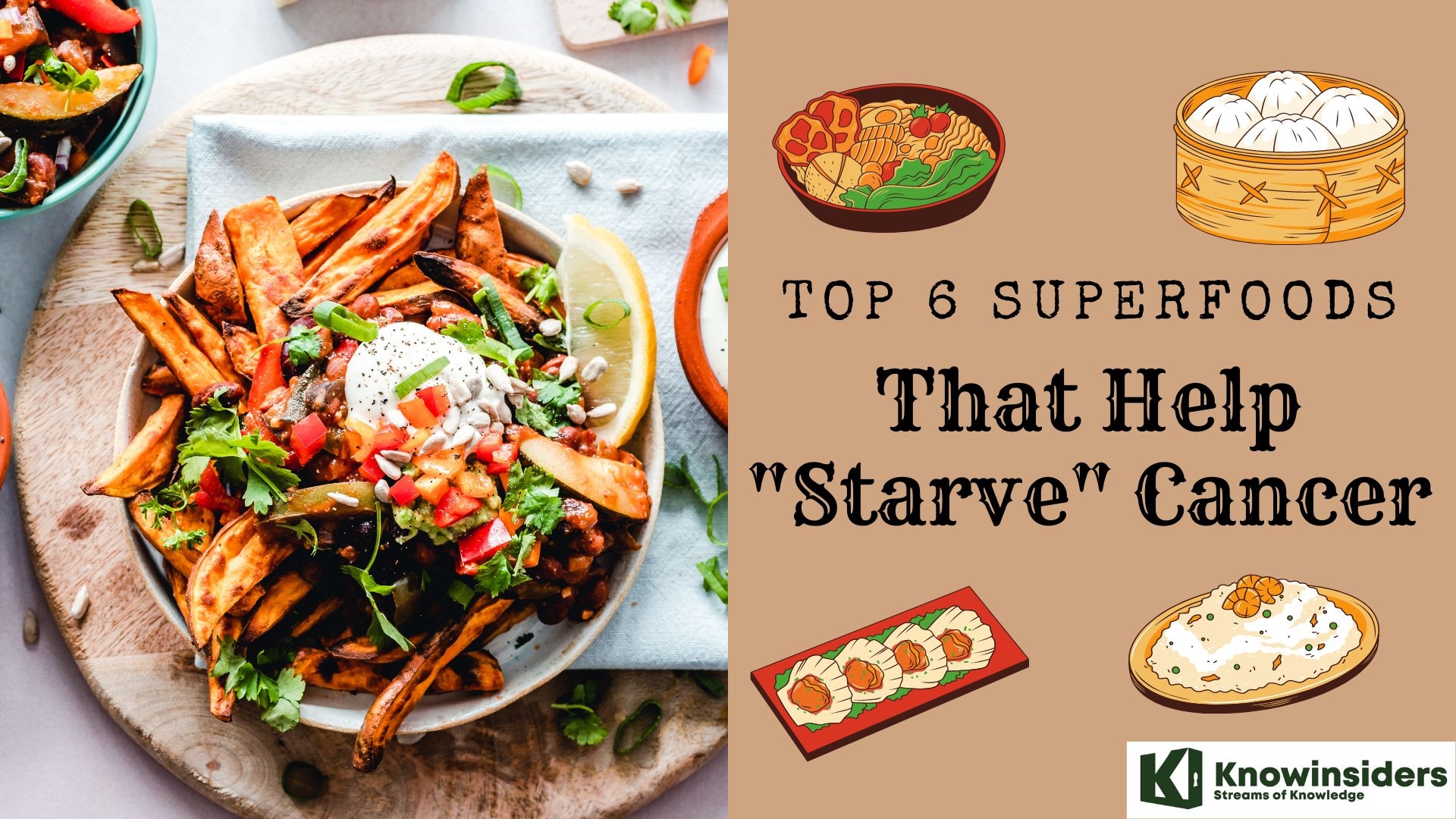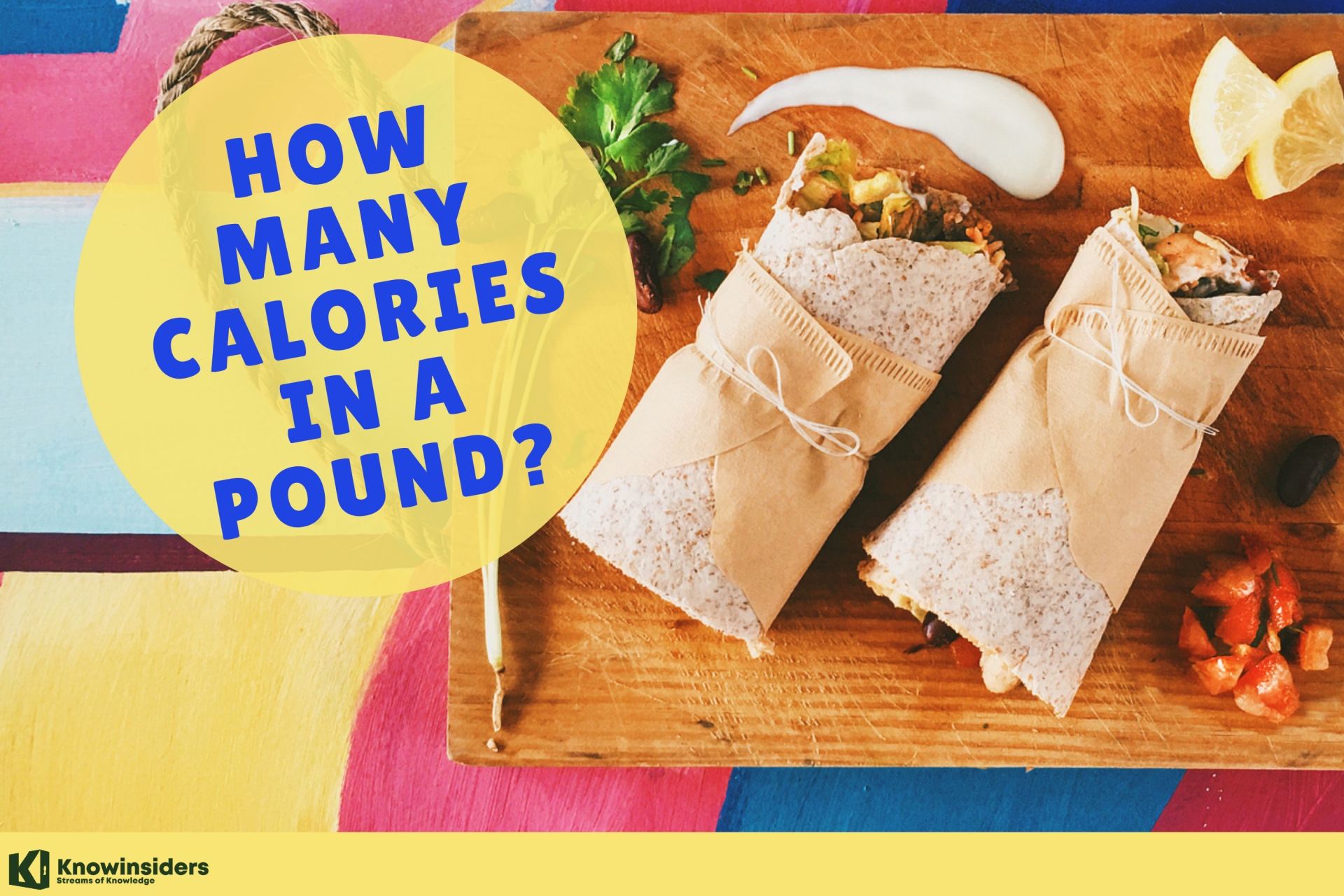Is Intermittent Fasting Best Way to Lose Weight? New Study Reveals The Truth
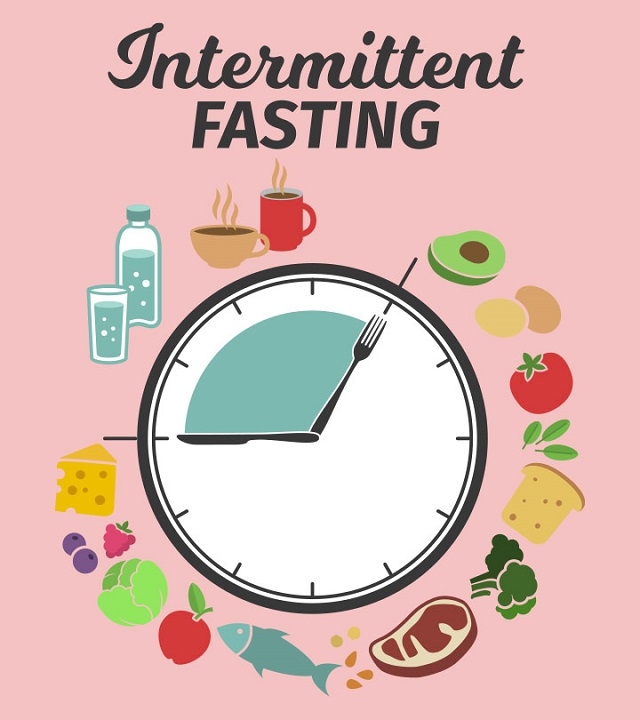 |
| Photo Newsmeter |
Those looking to lose weight and reduce fat may have less success with intermittent fasting than with simply reducing their calorie intake, a small new study of the University of Bath in the United Kingdom suggests.
Researchers at the university attempted to quantify the benefits of intermittent fasting by studying the weight-related outcomes of 36 willing test subjects over three weeks, CTV News reported.
As they detail in their report, which was published this week in the journal Science Translational Medicine, the subjects were divided into three groups.
One group alternated between days of fasting and days in which they consumed twice their usual amount of calories. Another group alternated between days of fasting and days of eating 1.5 times their usual intake. The third group ate every day, but always 25 per cent fewer calories than normal.
In other words, one group practised fasting without reducing overall calorie intake, one group practised fasting with a reduced calorie intake, and one group did not fast but did reduce its calorie count by the same amount as the second group.
What are the results?
After the three weeks were up, the researchers report, the group that did not fast lost 1.9 kilograms on average, versus 1.6 kilograms for those who did fast and reduce their intake.
That difference was bigger than it sounds, because the non-fasting group lost nearly all of their body weight from fat, while the fasting group's weight loss was almost evenly split between fat and muscle.
The other group, members of which did fast but did not reduce their calorie intake, did not experience any significant weight loss.
The researchers say that this is because their overall calorie consumption remained the same, meaning they did not need to draw on their body's fat reserves even when they were fasting.
Conclusion
Intermittent fasting isn’t as effective as traditional calorie-counting and may end up prolonging the amount of time it takes to lose weight.
| This isn’t the first study that has found alternate-day fasting may not be a good way to pursue weight loss. In early March, a study from the University of Sydney found that this type of intermittent fasting may backfire if you’re trying to shed excess body fat. According to the findings, eating every other day appears to prime the body to store extra calories as fat, something that may be the body’s way of preparing for the next time the person fasts. The researchers noted that visceral fat, which is located in the midsection around the organs, was particularly stubborn when faced with more than one alternate-day fasting session, essentially adapting so that it became more resistant to weight loss efforts. |
What is intermittent fasting?
Many diets focus on what to eat, but intermittent fasting is all about when you eat.
With intermittent fasting, you only eat during a specific time. Fasting for a certain number of hours each day or eating just one meal a couple days a week, can help your body burn fat. And scientific evidence points to some health benefits, as well.
Johns Hopkins neuroscientist Mark Mattson, Ph.D., has studied intermittent fasting for 25 years. He says that our bodies have evolved to be able to go without food for many hours, or even several days or longer. In prehistoric times, before humans learned to farm, they were hunters and gatherers who evolved to survive — and thrive — for long periods without eating. They had to: It took a lot of time and energy to hunt game and gather nuts and berries.
Even 50 years ago, it was easier to maintain a healthy weight. Johns Hopkins dietitian Christie Williams, M.S., R.D.N., explains: “There were no computers, and TV shows turned off at 11 p.m.; people stopped eating because they went to bed. Portions were much smaller. More people worked and played outside and, in general, got more exercise.”
Nowadays, TV, the internet and other entertainment are available 24/7. We stay awake for longer hours to catch our favorite shows, play games and chat online. We’re sitting and snacking all day — and most of the night.”
Extra calories and less activity can mean a higher risk of obesity, type 2 diabetes, heart disease and other illnesses. Scientific studies are showing that intermittent fasting may help reverse these trends.
How does intermittent fasting work?
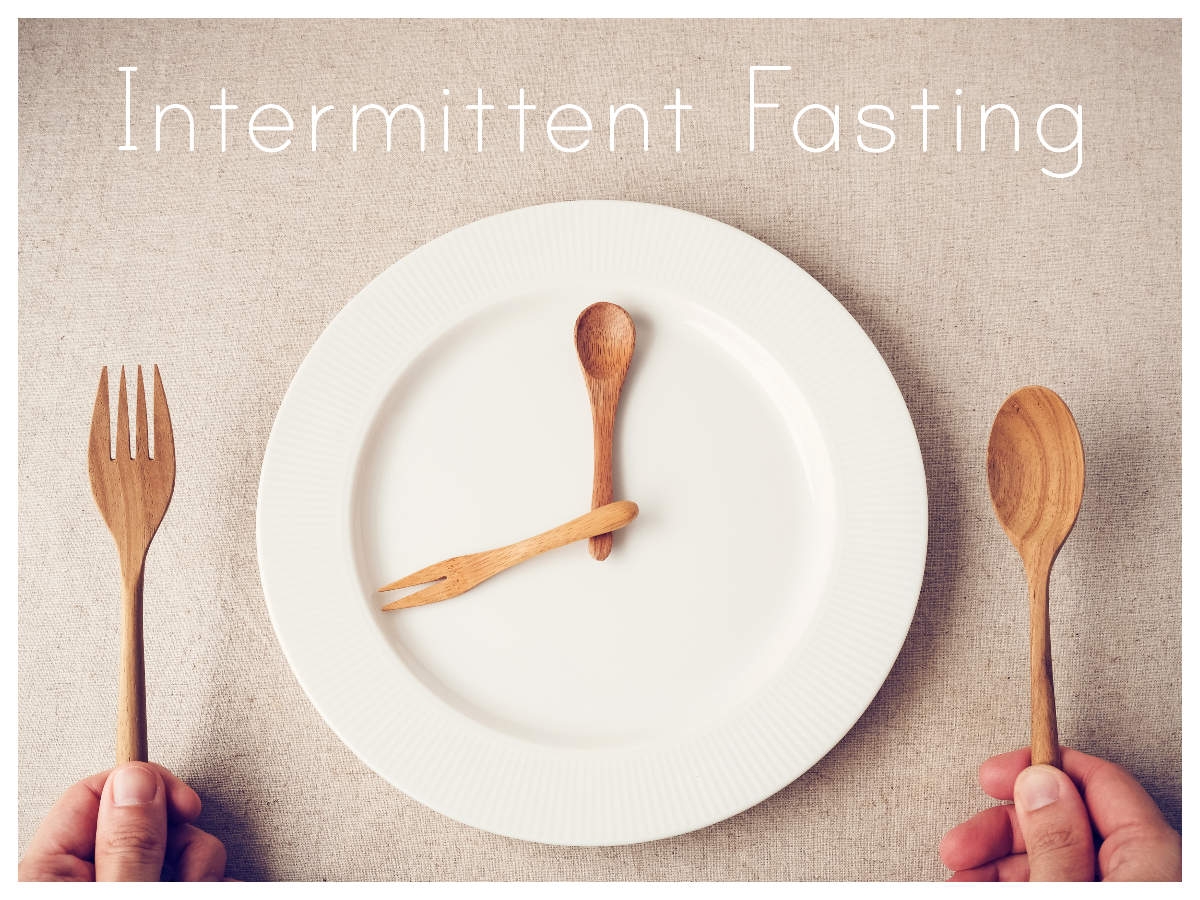 |
| Photo Times of India |
There are several different ways to do intermittent fasting, but they are all based on choosing regular time periods to eat and fast. For instance, you might try eating only during an eight-hour period each day and fast for the remainder. Or you might choose to eat only one meal a day two days a week. There are many different intermittent fasting schedules.
Mattson says that after hours without food, the body exhausts its sugar stores and starts burning fat. He refers to this as metabolic switching.
“Intermittent fasting contrasts with the normal eating pattern for most Americans, who eat throughout their waking hours,” Mattson says. “If someone is eating three meals a day, plus snacks, and they’re not exercising, then every time they eat, they’re running on those calories and not burning their fat stores.”
Intermittent fasting works by prolonging the period when your body has burned through the calories consumed during your last meal and begins burning fat.
READ MORE: Top 7 Best Food sources for higher Omega-3 fatty acids intake
Best Ways to Loose Weight Without Dieting
1.Eat Breakfast Every Day
One habit that's common to many people who have lost weight and kept it off is eating breakfast every day. "Many people think skipping breakfast is a great way to cut calories, but they usually end up eating more throughout the day, says Elizabeth Ward, MS, RD, author of The Pocket Idiot's Guide to the New Food Pyramids. "Studies show people who eat breakfast have lower BMIs than breakfast-skippers and perform better, whether at school or in the boardroom." Try a bowl of whole-grain cereal topped with fruit and low-fat dairy for a quick and nutritious start to your day.
2.Close the Kitchen at Night
Establish a time when you will stop eating so you won't give in to the late-night munchies or mindless snacking while watching television. "Have a cup of tea, suck on a piece of hard candy or enjoy a small bowl of light ice cream or frozen yogurt if you want something sweet after dinner, but then brush your teeth so you will be less likely to eat or drink anything else," suggests Elaine Magee, MPH, RD, WebMD's "Recipe Doctor" and the author of Comfort Food Makeovers.
3.Choose Liquid Calories Wisely
Sweetened drinks pile on the calories, but don't reduce hunger like solid foods do. Satisfy your thirst with water, sparkling water with citrus, skim or low-fat milk, or small portions of 100% fruit juice. Try a glass of nutritious and low-calorie vegetable juice to hold you over if you get hungry between meals. Be careful of alcohol calories, which add up quickly. If you tend to drink a glass or two of wine or a cocktail on most days, limiting alcohol to the weekends can be a huge calorie saver.
4.Eat More Produce
Eating lots of low-calorie, high-volume fruits and vegetables crowds out other foods that are higher in fat and calories. Move the meat off the center of your plate and pile on the vegetables. Or try starting lunch or dinner with a vegetable salad or bowl of broth-based soup, suggests Barbara Rolls, PhD, author of The Volumetrics Eating Plan. The U.S. government's 2005 Dietary Guidelines suggest that adults get 7-13 cups of produce daily. Ward says that's not really so difficult: "Stock your kitchen with plenty of fruits and vegetables and at every meal and snack, include a few servings," she says. "Your diet will be enriched with vitamins, minerals, phytonutrients, fiber, and if you fill up on super-nutritious produce, you won't be reaching for the cookie jar."
5.Go for the Grain
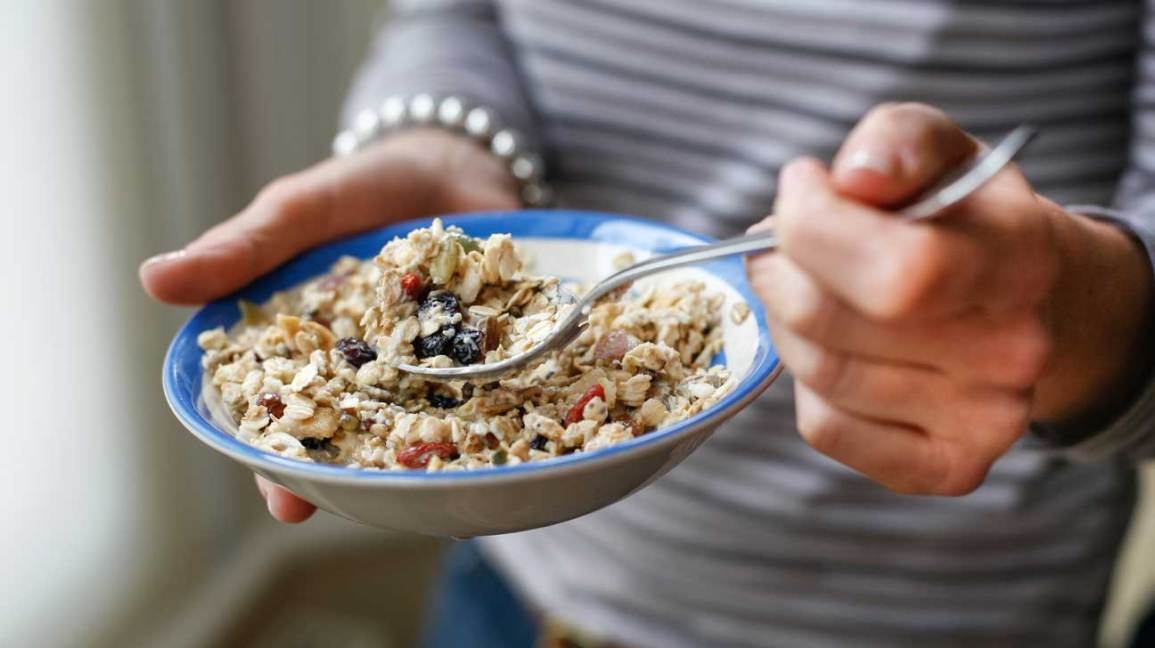 |
| Photo Healthline |
By substituting whole grains for refined grains like white bread, cakes, cookies, and pretzels, you add much-needed fiber and will fill up faster so you're more likely to eat a reasonable portion. Choose whole-wheat breads and pastas, brown rice, bran flakes, popcorn, and whole-rye crackers.
6.Control Your Environments
Another simple strategy to help cut calories is to control your environment -- everything from stocking your kitchen with lots of healthy options to choosing the right restaurants. That means avoiding the temptation by staying away from all-you-can-eat restaurants. And when it comes to parties, "eat a healthy snack before so you won't be starving, and be selective when you fill your plate at the buffet," suggests Ward. Before going back for more food, wait at least 15 minutes and have a big glass of water.
7.Trim Portions
If you did nothing else but reduce your portions by 10%-20%, you would lose weight. Most of the portions served both in restaurants and at home are bigger than you need. Pull out the measuring cups to get a handle on your usual portion sizes, and work on paring them down. Get instant portion control by using small bowls, plates, and cups, says Brian Wansink, PhD, author of Mindless Eating. You won't feel deprived because the food will look plentiful on dainty dishware.
8.Add More Steps
 |
| Photo Good Housekeeping |
Get yourself a pedometer and gradually add more steps until you reach 10,000 per day. Throughout the day, do whatever you can to be more active -- pace while you talk on the phone, take the dog out for an extra walk, and march in place during television commercials. Having a pedometer serves as a constant motivator and reminder.
9.Have Protein at Every Meal and Snack
Adding a source of lean or low-fat protein to each meal and snack will help keep you feeling full longer so you're less likely to overeat. Try low-fat yogurt, small portion of nuts, peanut butter, eggs, beans, or lean meats. Experts also recommend eating small, frequent meals and snacks (every 3-4 hours), to keep your blood sugar levels steady and to avoid overindulging.
10.Switch to Lighter Alternatives
Whenever you can, use the low-fat versions of salad dressings, mayonnaise, dairy products, and other products. "You can trim calories effortlessly if you use low-fat and lighter products, and if the product is mixed in with other ingredients, no one will ever notice," says Magee. More smart substitutions: Use salsa or hummus as a dip; spread sandwiches with mustard instead of mayo; eat plain roasted sweet potatoes instead of loaded white potatoes; use skim milk instead of cream in your coffee; hold the cheese on sandwiches; and use a little vinaigrette on your salad instead of piling on the creamy dressing.
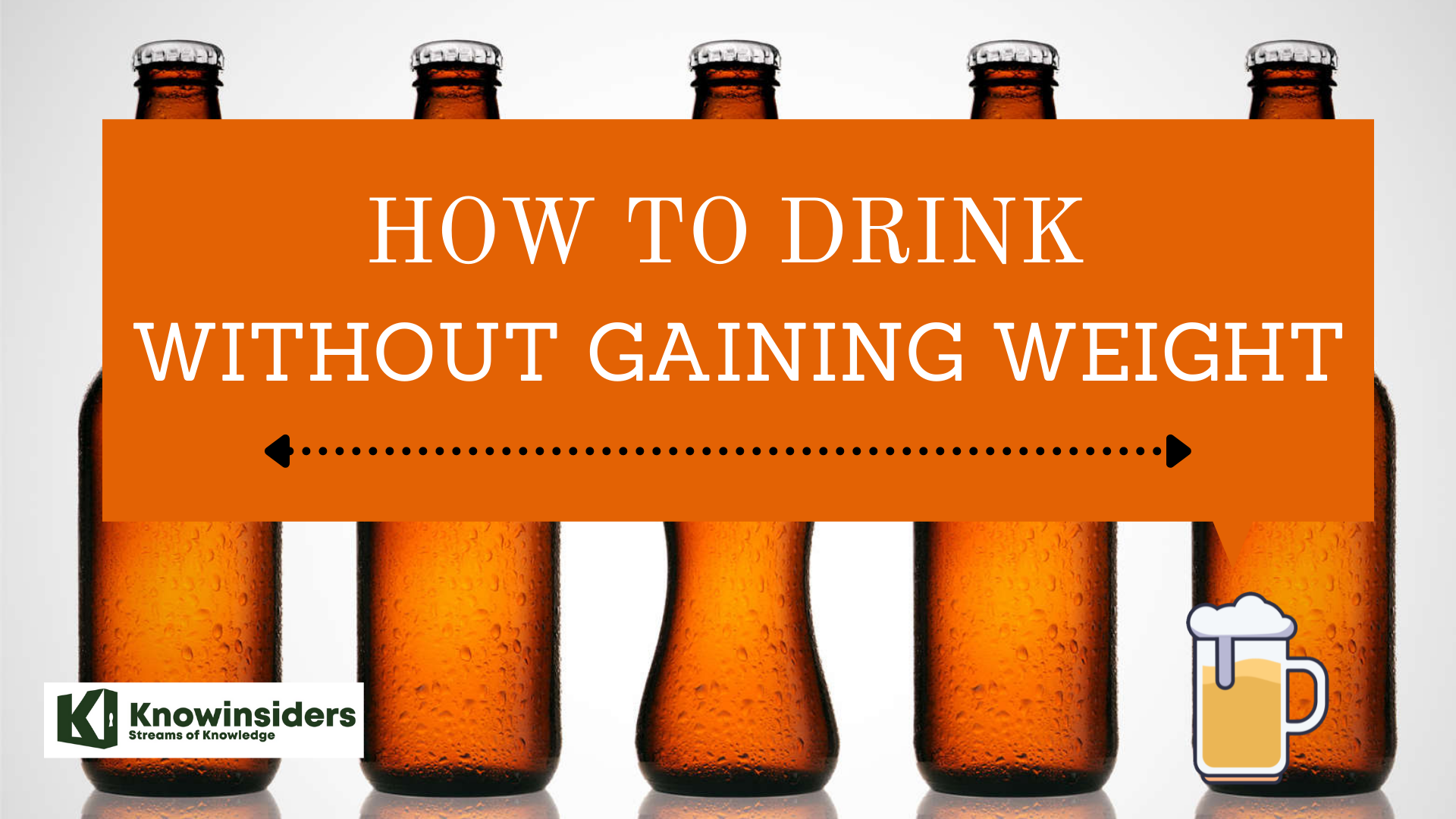 How To Drink Beer Without Gaining Weight How To Drink Beer Without Gaining Weight You love drinking beers, but dont want to have a fat belly or gain weight for an energetic summer. The article below will give ... |
 Best WAYS to Lose Weight by Doing Exercise? Best WAYS to Lose Weight by Doing Exercise? Aside from dieting, exercising is one of the most common strategies employed by those trying to shed extra pounds. It burns calories, and this plays ... |
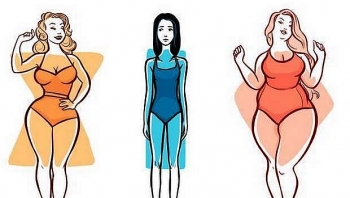 What are the best foods to gain weight fast and safe? What are the best foods to gain weight fast and safe? Are you too slim? Are you tired of eating too much but not gaining weight? Let's follow this piece of information to know more about ... |
 Cool tips to gain weight for skinny guys Cool tips to gain weight for skinny guys Everyone craves for a healthy body which makes people feel more attractive and confident. For some people, gaining weight is a piece of cake, however ... |


